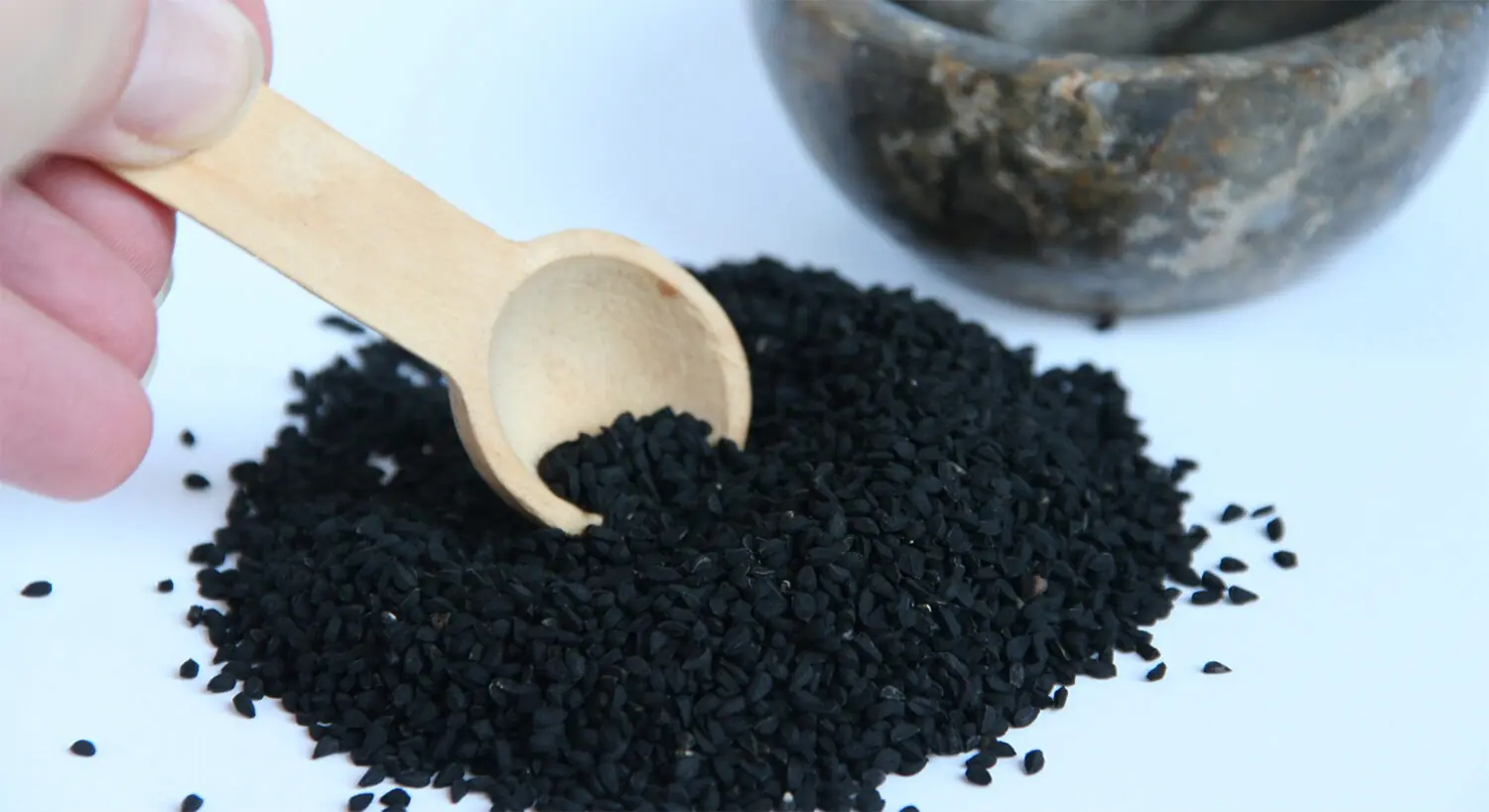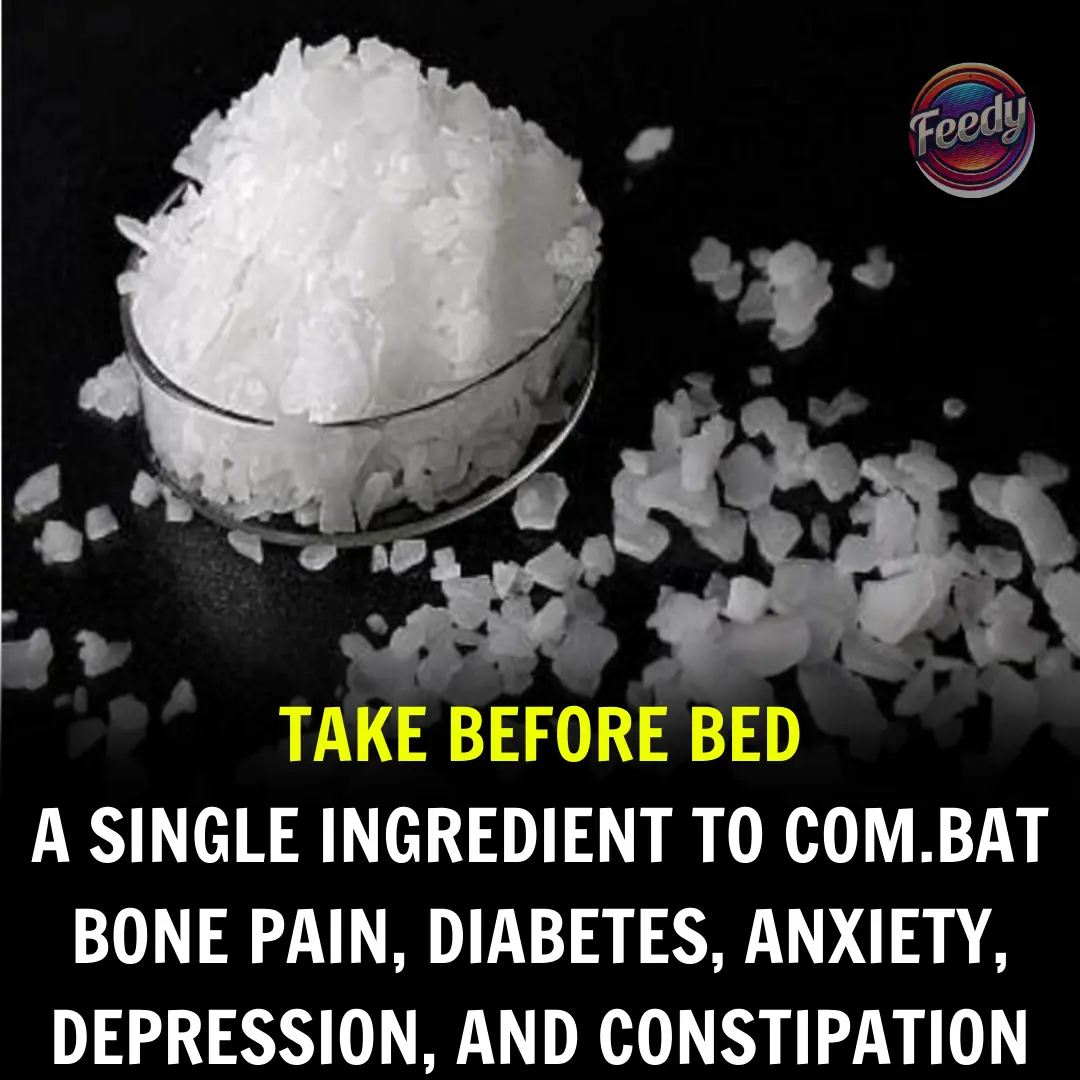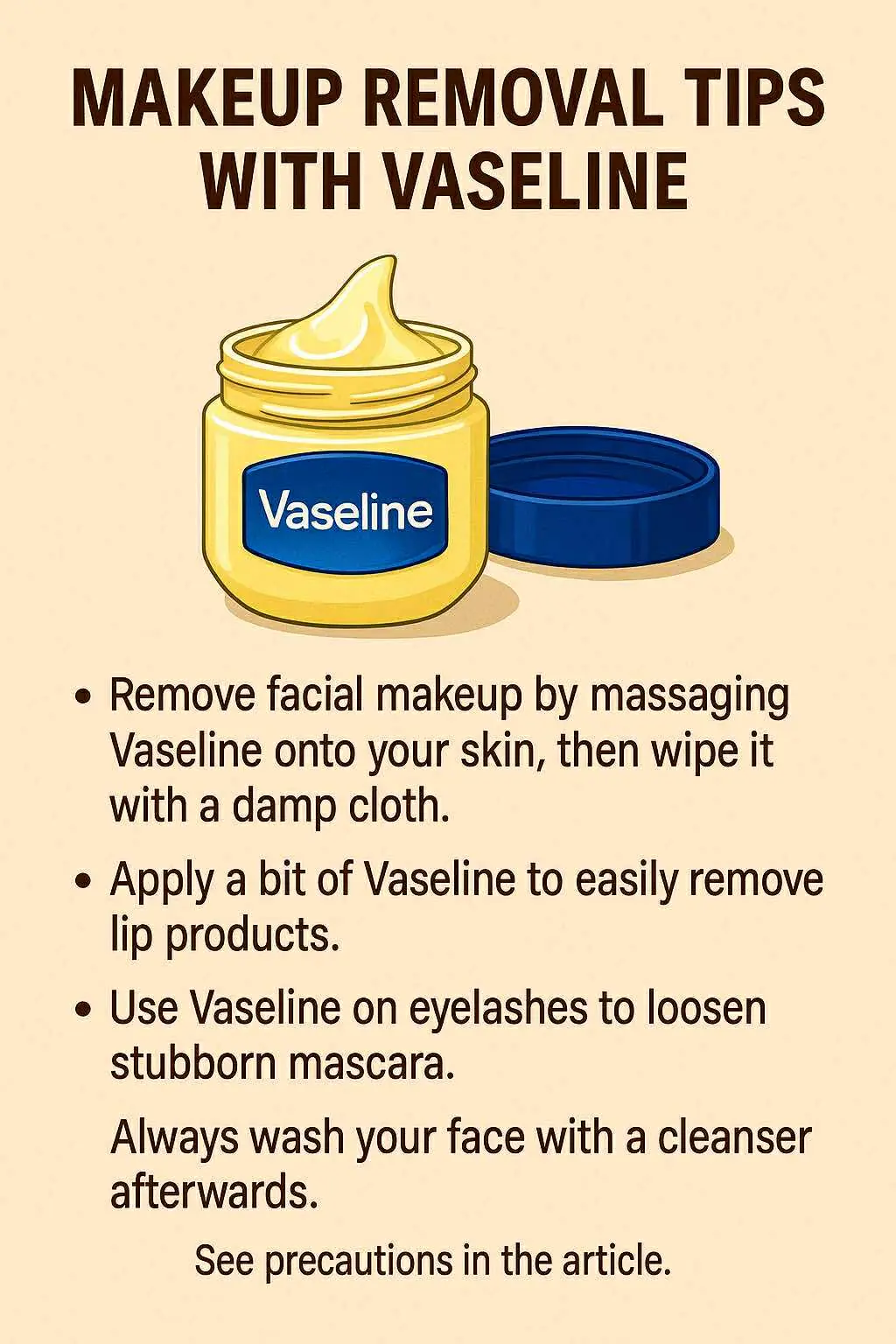
Is Drinking Water First Thing in the Morning Beneficial?

Should You Drink Water First Thing in the Morning? Separating Facts from Myths
Water is the foundation of life — making up about 60% of the human body. It supports every essential function, from regulating temperature and transporting nutrients to lubricating joints and protecting organs. With such vital roles, it's no surprise that a growing number of people are embracing the idea of drinking water first thing in the morning for better health. But how much of this morning hydration hype is actually backed by science?
Let’s explore the truth behind these claims, the importance of daily hydration, and whether drinking water on an empty stomach really makes a difference.
Why Water Is So Important for Your Body
Water keeps our internal systems running smoothly. It helps:
-
Deliver oxygen and nutrients to cells
-
Flush out waste products
-
Support digestion and nutrient absorption
-
Maintain body temperature and energy levels
-
Protect tissues and joints
Without enough water, even mild dehydration can lead to fatigue, poor concentration, dry skin, and headaches. Staying hydrated throughout the day — not just in the morning — is key to keeping your body in balance.
Morning Hydration: Is There Real Benefit?
Some health trends claim that drinking water right after waking up offers specific benefits, like boosting metabolism or flushing out toxins. But is this timing really that important?
The truth: While it’s true that your body goes several hours without hydration while you sleep, the key benefit of drinking water in the morning is simply that you’re starting the day hydrated. That said, the timing of hydration isn’t as crucial as the consistency. What matters most is your overall water intake throughout the day.
And while water does support skin health and brain function, there’s no solid evidence showing that morning hydration improves these areas more than drinking water at any other time.
What About Drinking Water Before Meals — Can It Help with Weight Loss?
Drinking a glass of water before meals may help with weight management for some people. It can:
-
Increase feelings of fullness
-
Reduce the chances of overeating
-
Support healthy digestion
Some studies even link water intake with a mild metabolic boost through thermogenesis. However, the overall effect is modest. It's not a magic trick for weight loss, and the timing doesn’t significantly influence the outcome. A balanced diet and regular physical activity remain the foundation for effective weight control.
Hydration Myths You Should Ignore
There are many myths surrounding hydration. Let’s clear a few up:
-
"Morning water detoxes your body."
Not exactly. Your kidneys and liver are the real detoxifiers. While water helps these organs function well, drinking water in the morning won’t magically flush out toxins. -
"Water jump-starts your metabolism."
Yes, staying hydrated is important for metabolic function, but there's no evidence that timing your water intake has any special metabolic effects. -
"Clear urine means you’re perfectly hydrated."
Not always. Urine color can vary based on foods, medications, and other factors — it's just one clue, not the whole story.
What Is Japanese Water Therapy?
Japanese Water Therapy involves drinking several glasses of warm or room-temperature water on an empty stomach immediately after waking up. Advocates claim it can help with everything from constipation to diabetes and even cancer. The process usually includes:
-
Drinking 4-5 cups of water in the morning
-
Avoiding cold water, which is believed to slow digestion
-
Eating meals within specific timeframes
The reality: While drinking more water can support digestion, prevent constipation, and help with appetite control, there’s no scientific proof that this therapy cures serious health issues. Additionally, overconsuming water in a short time can be risky — leading to water intoxication, especially if you have kidney issues or are very active.
So, How Much Water Should You Drink Each Day?
Forget the “8 glasses a day” rule — everyone’s needs are different. Factors like age, activity level, climate, and health conditions influence how much water you need.
A better approach is to:
-
Drink when you feel thirsty
-
Monitor your urine color (pale yellow is ideal)
-
Increase intake if you’re sweating, exercising, or sick
Bottom Line: Should You Drink Water in the Morning?
Yes — but not because it’s magical. Drinking water in the morning can be a healthy habit to start your hydration early, but what truly matters is your total daily intake.
Whether you follow Japanese Water Therapy or just sip throughout the day, your goal should be consistent, adequate hydration. Listen to your body, stay mindful of your needs, and speak to your healthcare provider if you have any special concerns.
Hydration isn't about hype — it’s about balance. So keep that water bottle close and stay refreshed, morning, noon, and night.
News in the same category


Heart Surgeon Reveals 4 Foods You Should ‘Always Avoid’ That Will ‘Poison’ Your Body

Effects of music on cancer cells: what the science says.

These 5 Popular Drinks Are Slowly Damaging Your Kidneys — Are You Still Drinking Them?

Doctors Gave Up, But a Woman Recovered from Cancer by Drinking Ginger and Honey

Panic Attacks And Anxiety Have Been Linked To Certain Vitamin And Mineral Deficiencies

The Hidden Link Between Air Pollution, Alzheimer’s, and Cancer — And the Dust in Your Home

The Hidden Danger in Your Pork: What You Need to Know Before You Eat!

Doctor Warns of SKIN CANCER From MOLES That Spread Rapidly: If You Have 1 of These 11 Signs, Get Checked Immediately

8 Unexpected Signs You Could Be Lactose Intolerant

Don’t Throw Away Damaged Tomatoes

Remember: The kitchen is closely linked to your health!

17-Year-Old Girl Hospitalized with Kidney Failure, Must Undergo Dialysis for Life: Doctors Warn Against 3 Common Habits Among Youth

Plant in the Bible Said to Heal All Ailments

A Vegetable as Powerful as a "Miracle Herb" — A Natural Enemy of Cancer That Grows Freely in Gardens, Yet Many Overlook It

A 36-year-old teacher passed away from diabetes despite not liking sweets — doctor says it's due to 4 of her favorite foods.

Doctor issues urgent vape warning after 17-year-old develops irreversible 'popcorn lung' from popular habit

46-Year-Old Star Shares a Super Easy Anti-Aging Meal: “I’ve Maintained It for 19 Years”

This One Superfood Could Tackle Major Health Issues—Here’s What You Need To Know
News Post

This optical illusion may help identify autistic traits in seconds

This is my preferred way

Julia Roberts Gave Birth to Twins at 37 — Pics of Her ‘Beautiful’ Teens Who Look like Her Husband

ABC Cubes For Flawless Skin

Scientists Grow First Fully Formed Tooth In Lab — A Groundbreaking Breakthrough

Fermented Rice Water & Cloves Scalp Treatment

Top 10 Hydrating Serums for Dry Skin Trusted by Experts and Beauty Enthusiasts

Amazing uses of vaseline for skin

Unlock the Power of Vaseline: 16 Beauty Benefits & Smart Precautions

WE SENT MONEY FOR OUR SON TO PAY FOR COLLEGE – ONE DAY, WE DISCOVERED HE WASN’T EVEN ENROLLED AND WAS LIVING IN AN OLD TRAILER.

5 Baking Soda Uses for Face & Skin – Natural Beauty Secrets You Shouldn’t Miss

20 Great Uses of Vaseline Which You Probably Don’t Know

Unlock the power of Vaseline & Lemon

✨ Castor Oil Home Remedies: Unlock the Power of Nature for Your Beauty Routine ✨

I WAS THE ONLY ONE WHO ATTENDED MY GRANDMOTHER’S BIRTHDAY LUNCH – AFTER SEEING HER TEARS, I DECIDED TO TEACH MY FAMILY A LESSON

The Best Ways to Use Vaseline: A Complete Guide for Beauty & Skincare

Rub This Slice On Face To Get Spotless Skin

My Husband’s Cousin Came to Stay with Us Temporarily with Her Son – If Only I Had Known It Was All a Trap.

Restaurant Owner Disguises Himself as a Homeless Man to Choose His Heir.
